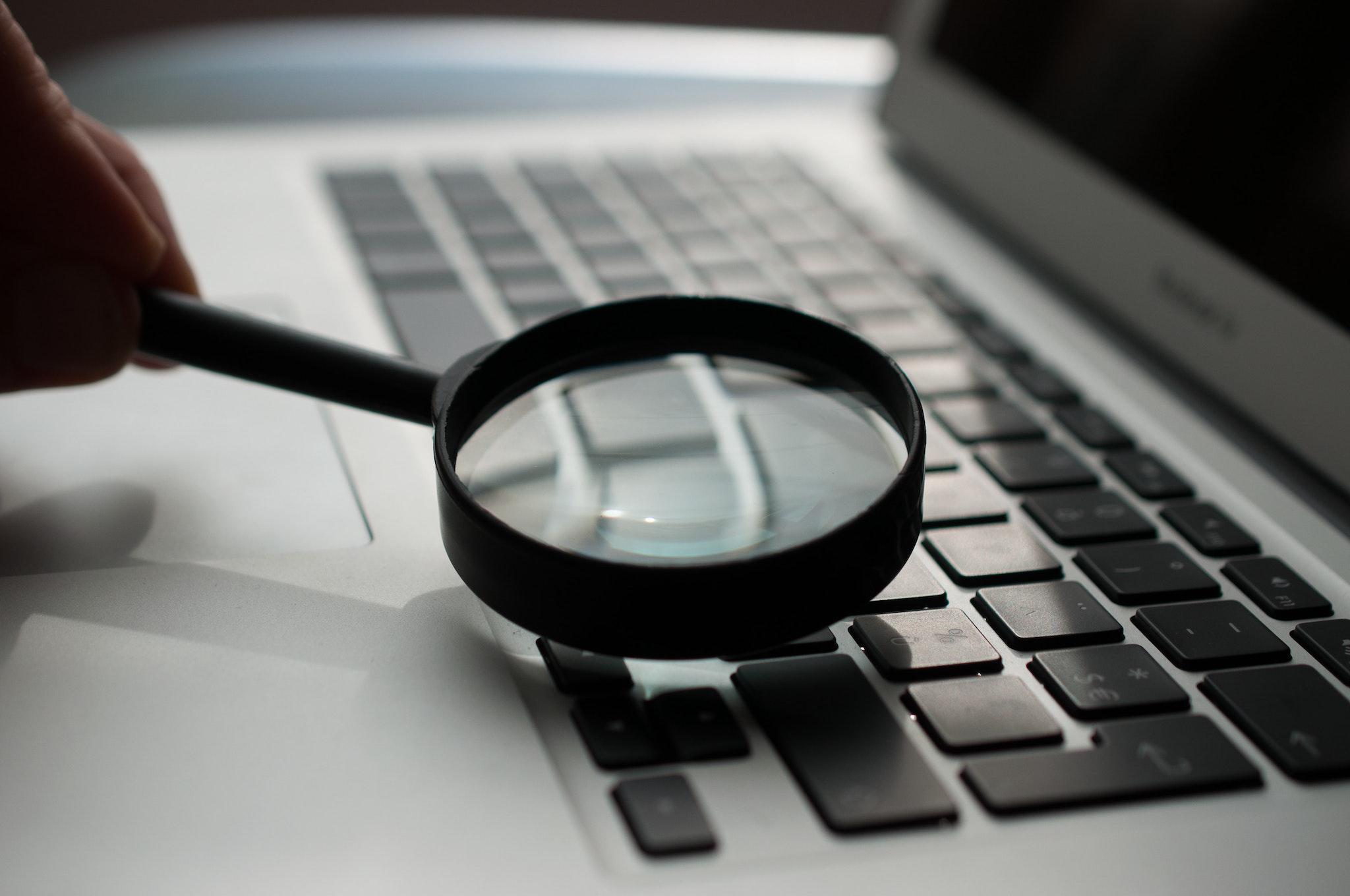The White House Is All Ears: It Wants to Hear Your Privacy Concerns.

The White House wants to hear from you about encryption.
A recent petition asking that the government “[r]eject any law, policy, or mandate that would undermine our security,” reached over 100,000 signatures. The petition argues that creating back doors for investigators compromises the communication systems Americans use every day.
“As a public, we should be confident that the services we use haven’t been weakened or compromised by government mandate or pressure,” it reads. “No legislation, executive order, or private agreement with the government should undermine our rights.”
The White House acknowledged the petition, issuing a response. It has asked citizens to share questions and thoughts surrounding privacy in technology. The Electronic Frontier Foundation has made up a handy talking point sheet for people to use when they write their response.
President Barack Obama has said, “There is no scenario in which we don’t want really strong encryption.”
But some officials believe that companies can build in a back door to help law enforcement agencies snoop on potential threats. FBI Director James Comey has been particularly vocal on this point. But this kind of loophole isn’t possible without putting users at risk. Security experts are unanimous in their agreement that any kind of door for law enforcement officials would leave users vulnerable to foreign governments and hackers.
Apple has designed its systems to make sure its users’ privacy is protected. People want to regain the privacy they felt they lost when Edward Snowden revealed our own government was spying on us, but many don’t know how. Privacy and encryption is such a difficult issue to talk about because it’s extremely technical and can be overwhelming. For this reason, its necessary that developers consider their ethical obligation to build-in these privacy settings or at least make these applications easy to access and download, like Signal and Tor.
When Apple gave the “we don’t track” search engine DuckDuckGo as an option in its iOS 8 update, the company saw a 600 percent jump in growth.
Rebecca MacKinnon, a founding member of the Global Network Initiative, says that “when governments are trying to use companies to control citizens, there are ways that companies can push back.”
***
Natalie has been writing professionally for about 6 years. After graduating from Ithaca College with a degree in Feature Writing, she snagged a job at PCMag.com where she had the opportunity to review all the latest consumer gadgets. Since then she has become a writer for hire, freelancing for various websites. In her spare time, you may find her riding her motorcycle, reading YA novels, hiking, or playing video games. Follow her on Twitter: @nat_schumaker
Photo Credit: JIM WATSON / Getty Staff





